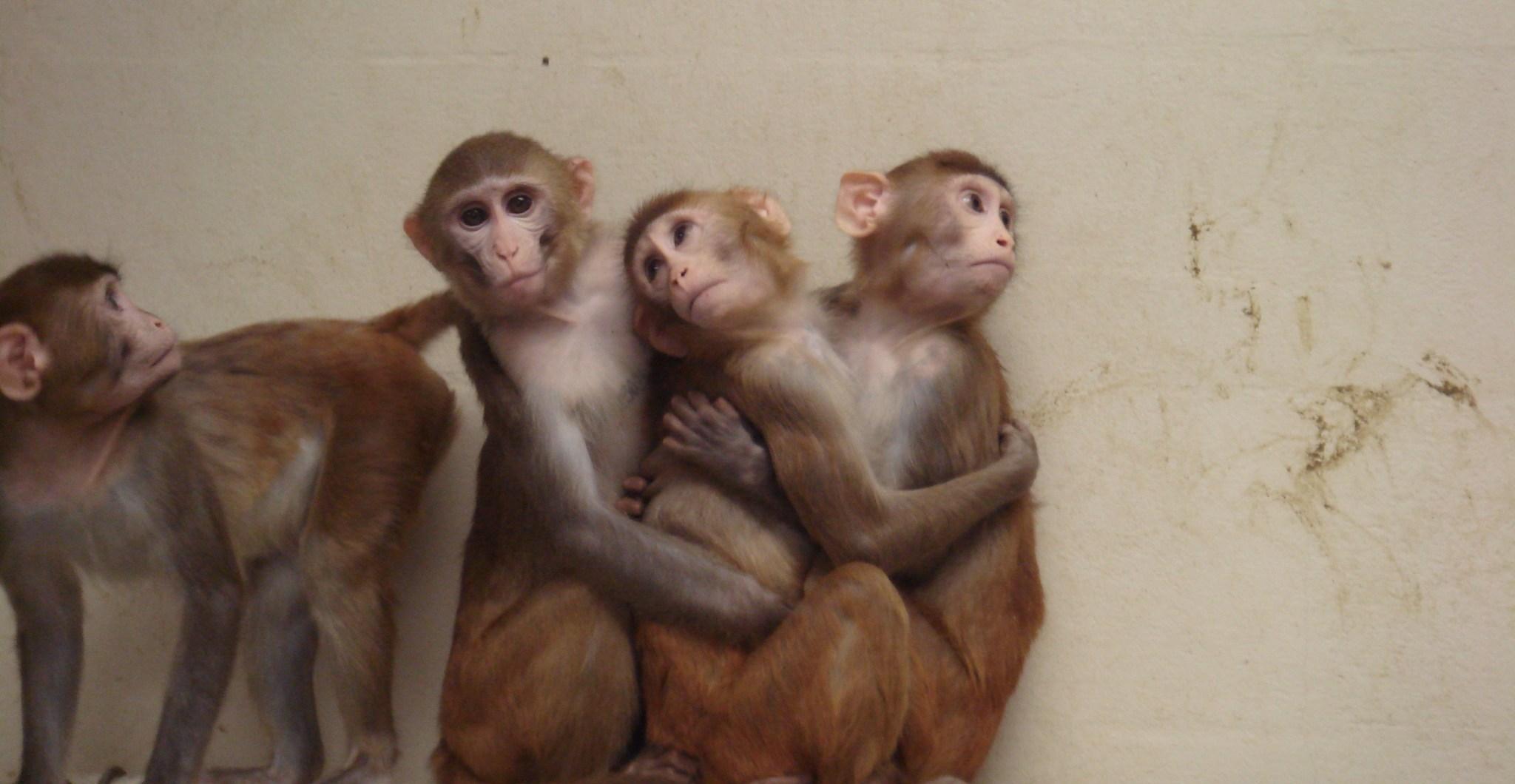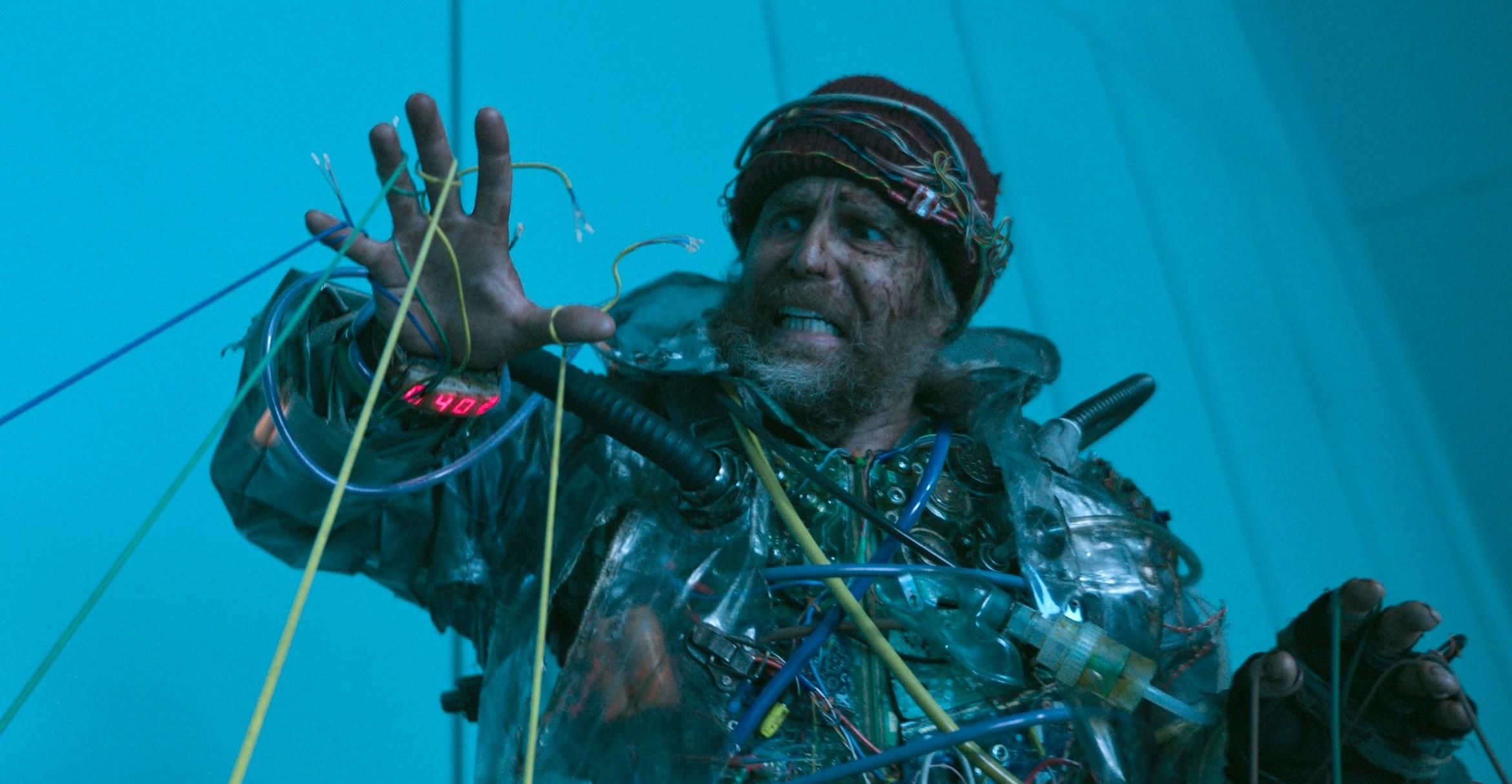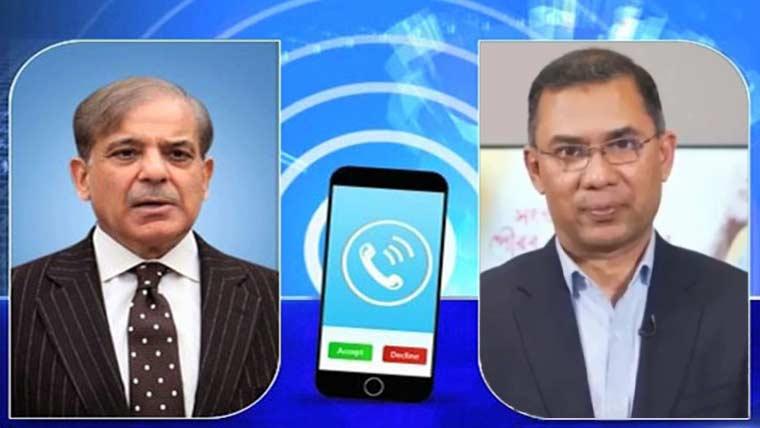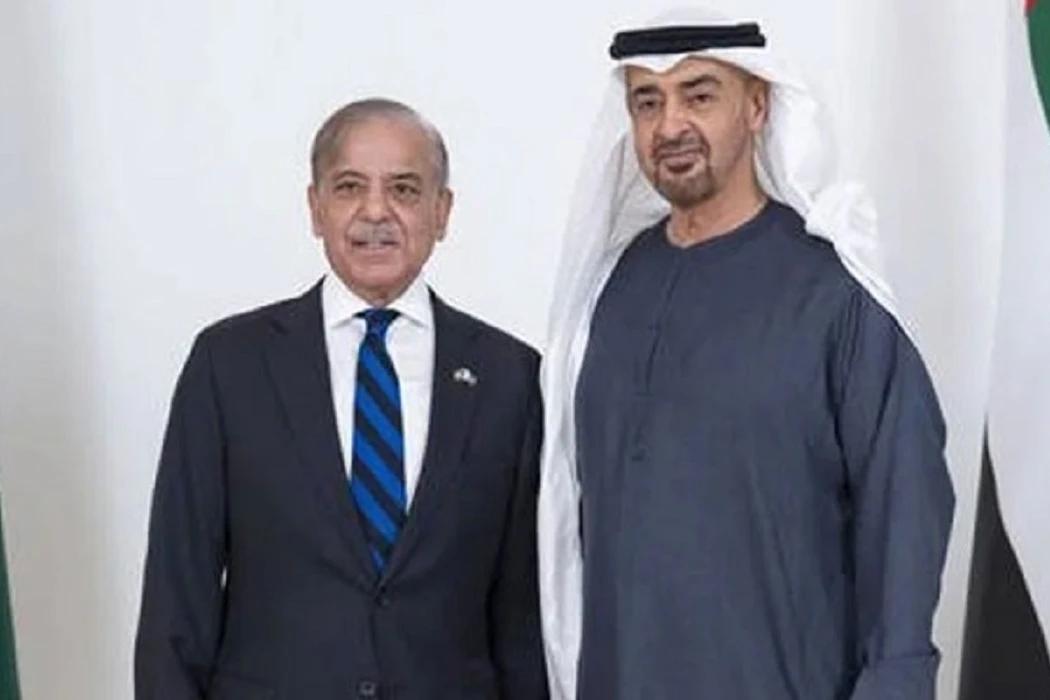The head of the U.N. Palestinian refugee agency (UNRWA) says on Saturday it had received "horrifying" images and footage of scores of people killed and wounded in an attack on an UNRWA school in the Israeli-occupied north.


Gaza: sraeli air strikes on residential blocks in south Gaza killed at least 47 Palestinians on Saturday, medics said, after Israel again warned civilians to relocate as it girds for an onslaught against Hamas in the enclave's south after subduing the north.
The head of the U.N. Palestinian refugee agency (UNRWA) said on Saturday it had received "horrifying" images and footage of scores of people killed and wounded in an attack on an UNRWA school in the Israeli-occupied north.
"These attacks cannot become commonplace, they must stop. A humanitarian ceasefire cannot wait any longer," UNRWA Commissioner-General Philippe Lazzarini said on social media platform X. Israel's military did not immediately comment and Reuters was unable to reach Gaza health officials for comment.
Palestinian officials accused the Israeli army of forcibly evacuating most staff, patients and displaced people from Gaza's largest hospital in the north and abandoning them to perilous journeys southwards on foot.
Israeli forces, which seized Al Shifa hospital in their offensive across north Gaza earlier this week, saying it concealed an underground Hamas command centre, denied the accusation, saying evacuations were voluntary.
Israel vowed to annihilate the Hamas militant group that controls the tiny, coastal enclave after its Oct. 7 rampage into Israel in which its fighters killed 1,200 people and dragged 240 hostages into the enclave, according to Israeli tallies.
Since then, Israel has bombed to rubble much of Gaza City - the enclave's urban heart - ordered the depopulation of the northern half of the narrow strip and displaced around two-thirds of Gaza's 2.3 million Palestinians.
Gaza health authorities raised their death toll on Friday to more than 12,000, including 5,000 children. The United Nations deems those figures credible, though they are now updated only infrequently as war devastation has hampered communications.
AIR STRIKES
An Israeli offensive into south Gaza could compel hundreds of thousands of Palestinians who fled the Israeli storming of Gaza City in the north to uproot again, along with residents of Khan Younis, a city of more than 400,000, compounding a dire humanitarian crisis.
Overnight on Saturday, 26 Palestinians were killed and 23 wounded by an air strike on two apartments in a multi-storey block in a busy residential district of Khan Younis, according to health officials.
Eyad Al-Zaeem told Reuters he lost his aunt, her children and her grandchildren in the air strike in Khan Younis, and that all had evacuated from north Gaza on Israeli army orders only to die where the army told them they could be safe.
"All of them were martyred. They had nothing to do with the (Hamas) resistance," said Zaeem, standing outside the morgue at Nasser Hospital in Khan Younis where 26 bodies were laid out before they were to be carried by loved ones to burials.
A few km (miles) to the north, six Palestinians were killed when a house was bombed from the air in the town of Deir Al-Balah, according to health authorities.
A third Israeli air strike on Saturday afternoon killed 15 Palestinians in a house west of Khan Younis, close to a shelter for displaced people, witnesses and medics said.
Israel says Hamas typically conceals fighters and weaponry in residential and other civilian buildings, which Hamas denies.
An Israeli military statement said only that over the past 24 hours its air force hit dozens of Gaza targets including militants, command centres, rocket launch sites and munitions factories.
A senior aide to Israel's prime minister urged Palestinian civilians on Friday to relocate away from Khan Younis as Israeli forces would have to advance into the city to oust Hamas fighters dug into underground tunnels and bunkers - suggesting an Israeli ground offensive into the south was imminent.
The pending Israeli advance into south Gaza may prove more complicated and deadlier than in the north, however, with the civilian population swelled by some 400,000 evacuees and fiercer fighting expected with militants dug into the Khan Younis region, a senior Israeli source and two ex-top officials said.
EVACUATIONS FROM AL SHIFA HOSPITAL
Much to international alarm, Israel made Al Shifa a primary focus of its ground advance in north Gaza.
Its forces took it over after reporting clashes with Hamas fighters outside and are combing the premises and excavating parts of it, saying they have found evidence of a Hamas redoubt underground. Al Shifa staff say Israel has proven no such thing.
Palestinian Health Minister Mai al-Kaila said all except about 125 of around 1,000-1,500 war-wounded or sick patients, as well as 34 newborn babies along with a small number of doctors and nurses, had been forced to leave Al Shifa by Israeli troops.
"The situation at (Al Shifa) is very catastrophic. It is now without fuel, without food, without medicine, without food, without water - this means killing them (patients)," she told a press conference in Ramallah, in the Israeli-occupied West Bank.
The Israeli army denied the Palestinian accounts. In a statement, it said its forces at Al Shifa had acceded to a request from its director to "expand and assist" in further voluntary evacuations via a "secure route". Doctors could stay to support patients too weak to be evacuated, it said.
Palestinian health officials said evacuees from Al Shifa had been left to fend for them themselves on foot along dangerous, bombed-out roads in areas repeatedly under air attack.
"We were forced by the occupation authorities to leave Al Shifa," Ramez Rudwan, an Al Shifa doctor, said as he and his daughter, also a doctor, arrived in south Gaza on Saturday.
He said patients still at Al Shifa were in a dire state due to a lack of medicines with "some bacteria beginning to surface on their legs, and worms coming out of wounds".
With the war entering its seventh week, there was no sign of a let-up, despite international calls for "humanitarian pauses".
The U.N. humanitarian agency OCHA said no aid entered Gaza for a third day running on Friday and distributions had come to a virtual halt due to a lack of security guarantees and fuel. It said raw sewage has begun flowing in the streets in some areas as a result of a lack of fuel to run infrastructure.
Violence has also beset Israel's northern border where it has been exchanging fire with Lebanon's Hezbollah fighters, and the Israeli-occupied West Bank, stoking fears the Gaza war could kindle a broader Middle East conflict.
Courtesy: Reuters

YouTube is coming to the Apple Vision Pro
- ایک دن قبل

T20World Cup high voltage clash: India set 176 run target for Pakistan to win
- 21 گھنٹے قبل
Imran Khan, both sons talk over phone after prolonged hiatus
- 2 دن قبل

SSWMB earns national recognition for clean Sindh initiative
- ایک دن قبل

Could lab monkeys soon become a thing of the past?
- ایک دن قبل
Tucker stars as Ireland crush Oman by 96 runs at T20 World Cup
- 2 دن قبل

Field Marshal Syed Asim Munir meets global leaders during Germany visit
- ایک دن قبل

Good Luck, Have Fun, Don’t Die is a rollicking parable about this moment in tech
- 10 گھنٹے قبل

High voltage clash: India defeat pakistan by 61 Runs, qualify for Super Eight
- 17 گھنٹے قبل

PM Shehbaz leaves for Vienna, Austria on two-day official visit
- ایک دن قبل

DG ISPR visits various educational institutions of Lahore
- ایک دن قبل
First National Chief of Army Staff Wrestling Championship 2026 concludes in Sialkot
- 2 دن قبل






